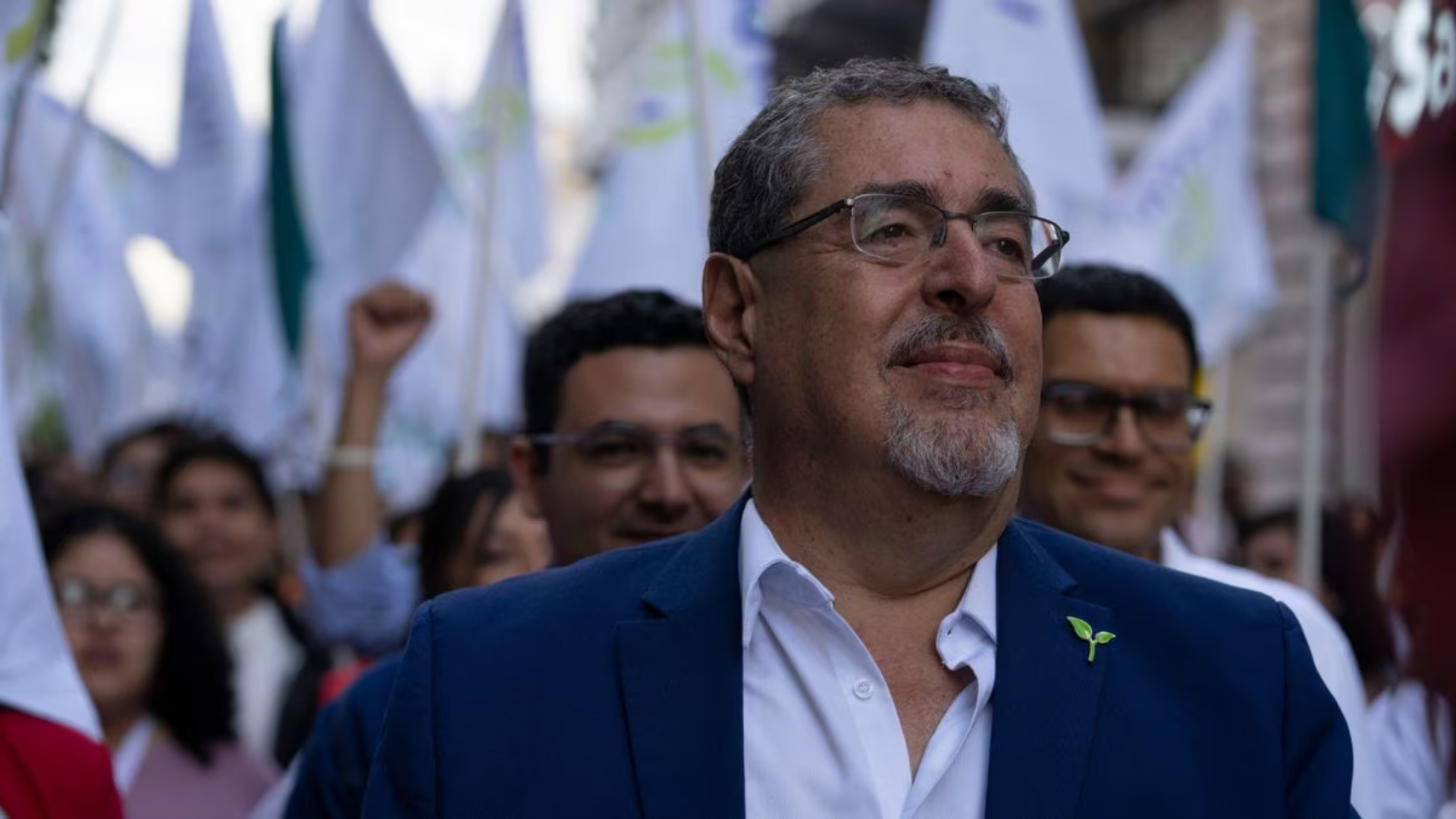
Published 18/08/2023 17:49 | Edited 8/18/2023 6:26 PM
If polling is confirmed, sociologist and diplomat Bernardo Arévalo should be Guatemala’s next president. The second round of the elections is scheduled for Sunday (20), and the candidate from the Seed Movement (center-left) is the favorite in the duel against former first lady Sandra Torres, from the National Unity for Hope.
According to a survey released this Thursday (17) by the newspaper Free Press, Arévalo has 64.9%, against 35.1% for Sandra, who was former president Álvaro Colom’s wife. This poll takes into account only valid votes (discarding blank, null and undecided votes). Three days earlier, on Monday (14), a poll by the Gallup institute pointed to an advantage of 50% to 32% for Arévalo.
The victory of the left could be another stimulus for South American integration. Historically, Guatemala has been a country under right-wing hegemony. On June 25, Sandra had an advantage in the first round, with 21.1% of the valid votes – Arévalo had 15.5%. It is the third consecutive election in which the candidate goes to the second round. Over the last 20 days, however, Arévalo has distanced himself in the polls.
The two presidential candidates focus their campaigns on economic issues, with a view to tackling poverty and inequality in Guatemala. For Sandra, the way out to ensure economic growth and job creation is the industrialization of the country. Arévalo, on the other hand, bets on the “green economy”. With 90% of the country’s rivers polluted, two-thirds of the population has no access to clean water.
A report by Oxfam points to Guatemala as one of the countries with the highest levels of vulnerability on the continent. Of its 18 million inhabitants, 4.6 million are in a state of food insecurity. The crisis has led thousands of Guatemalans, especially young people, to try to emigrate to the United States.
Alongside the fight against corruption, Arévalo’s environmental discourse is a new factor in the campaign, which goes back to its origins – he is the son of former president Juan José Arévalo. According to Gabriela Carrera, from Rafael Landívar University, the presidential candidate’s move to the second round is linked to “an anti-vote sentiment, a rejection of what we call the ‘corruption pact’”.
The election, likewise, was troubled, with several lawsuits filed by the right against Arévalo’s candidacy. Most actions were filed by the Public Ministry in the first round. However, two days before the end of the election, the chances of changing their course through the courts are increasingly slim.
Source: vermelho.org.br

